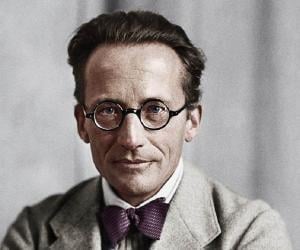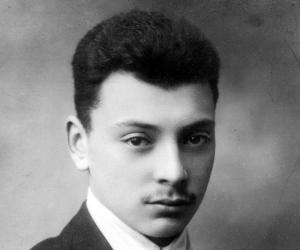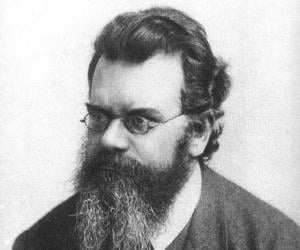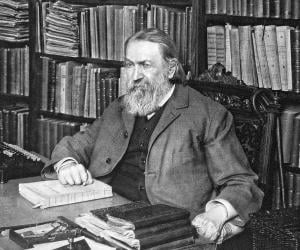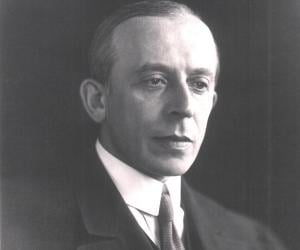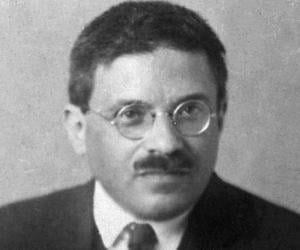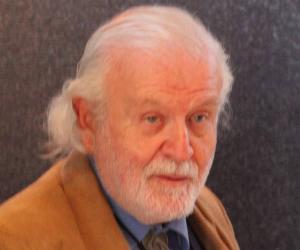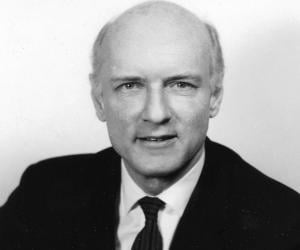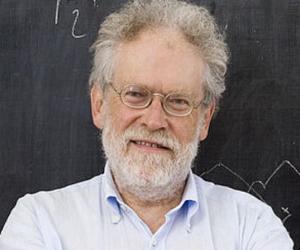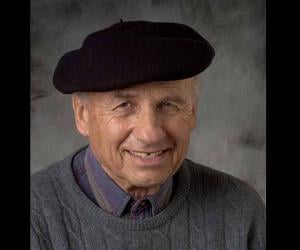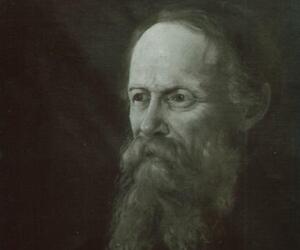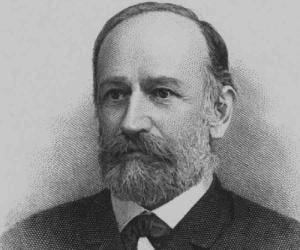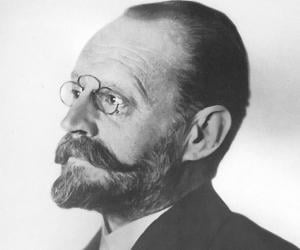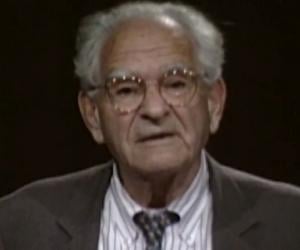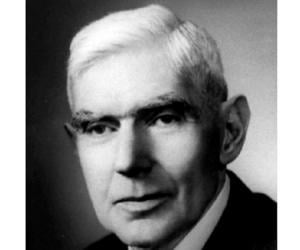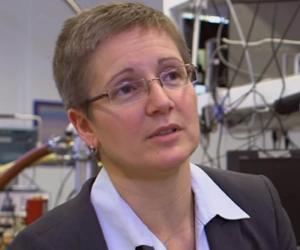1
Erwin Schrödinger
(Austrian Physicist Who Made Important Contributions to the Development of Quantum Mechanics)
Birthdate: August 12, 1887
Sun Sign: Leo
Birthplace: Erdberg, Vienna, Austria
Died: January 4, 1961
Erwin Schrödinger was a Nobel Prize-winning physicist known for his foundational work in quantum theory. He developed the Schrödinger equation, which calculates the wave function of a system dynamically. He coined the term "quantum entanglement" and made significant contributions to various fields of physics, including statistical mechanics, relativity, and cosmology. Schrödinger also delved into the philosophical aspects of science and wrote on topics such as genetics and ethics. His academic career spanned multiple universities, and he shared the Nobel Prize in Physics in 1933.
